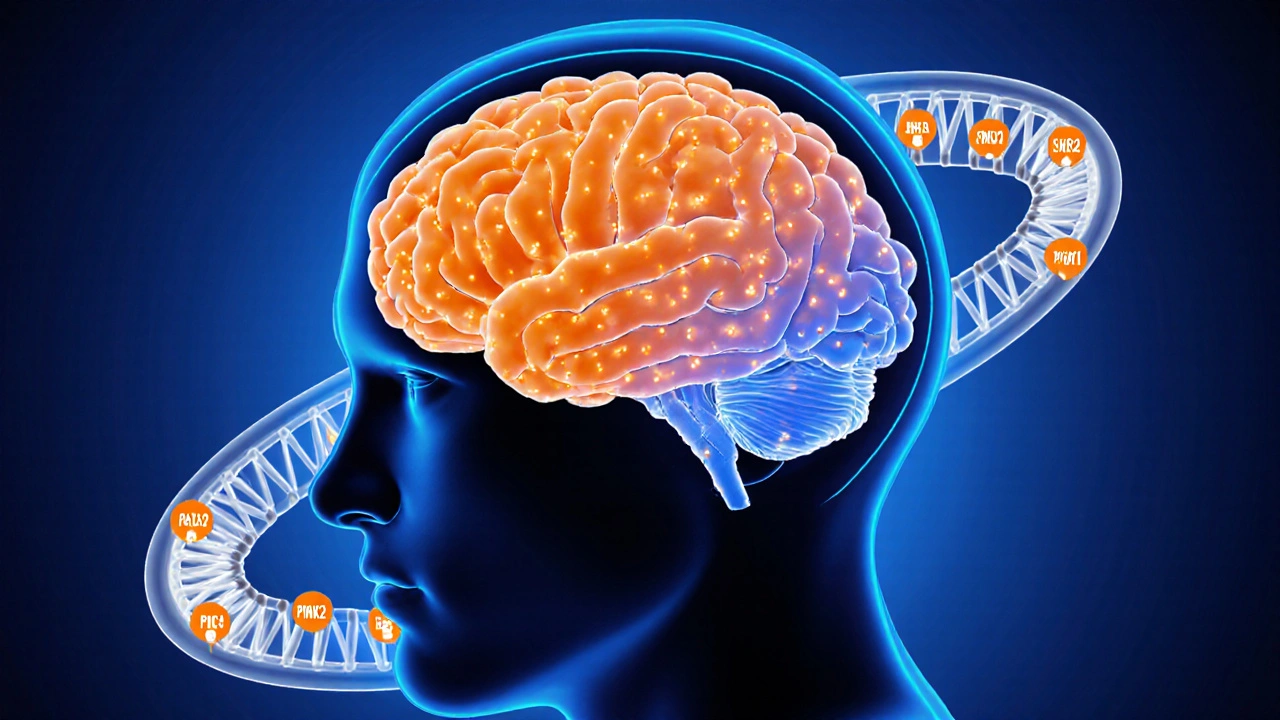Explore how genetics shapes Parkinson's disease risk, the key genes involved, testing guidelines, and what it means for patients and families.
Hereditary Parkinson's: Genetics, Symptoms, and What You Need to Know
When we talk about hereditary Parkinson's, a form of Parkinson's disease passed down through families due to specific gene mutations. Also known as familial Parkinson's, it accounts for about 10-15% of all cases and isn't just bad luck—it's often tied to clear genetic changes you can inherit from a parent. Unlike the more common late-onset version, hereditary Parkinson's usually shows up earlier, sometimes even in your 30s or 40s, and runs in families with a strong pattern.
What makes it different isn't just when it starts, but why. Scientists have found several genes linked to this type, like LRRK2, a gene mutation that’s the most common cause of inherited Parkinson's, especially in certain ethnic groups, and SNCA, which affects how alpha-synuclein protein builds up in brain cells. These aren't just lab terms—they directly impact how the disease develops and how it might respond to treatment. If you have a close relative with Parkinson's who was diagnosed young, your risk goes up, and knowing your family history isn't just helpful—it's critical.
Hereditary Parkinson's doesn't mean you'll definitely get it, but it does mean you should pay attention to early signs: slight tremors in one hand, stiffness that doesn't go away, or even a loss of smell before any movement problems show up. These clues matter more if you have a family pattern. Genetic testing exists, but it's not for everyone—it's most useful when there's a clear family history and you're considering how it might affect your health decisions or those of your children.
And here’s the thing: even if your Parkinson's is genetic, the treatments still focus on managing symptoms—medications like levodopa, physical therapy, and lifestyle tweaks. But understanding the root cause helps doctors pick better options and opens the door to future therapies targeting specific gene pathways. Right now, research is moving fast, and knowing you have a hereditary form might even make you eligible for clinical trials you wouldn’t otherwise qualify for.
Below, you’ll find real, practical guides that dig into how genetics plays into movement disorders, what testing actually looks like, and how families navigate the emotional and medical side of inherited disease. These aren’t theory pieces—they’re tools for people living with this reality every day.

